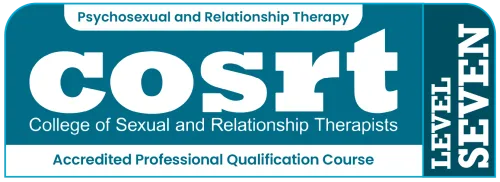Professional Diploma in Psychosexual Therapy
Accredited by COSRT, this intensive two-year course for qualified relationship counsellors combines in-depth practical approaches to the understanding and treatment of sexual difficulties with wider principles of sex and sexuality.




